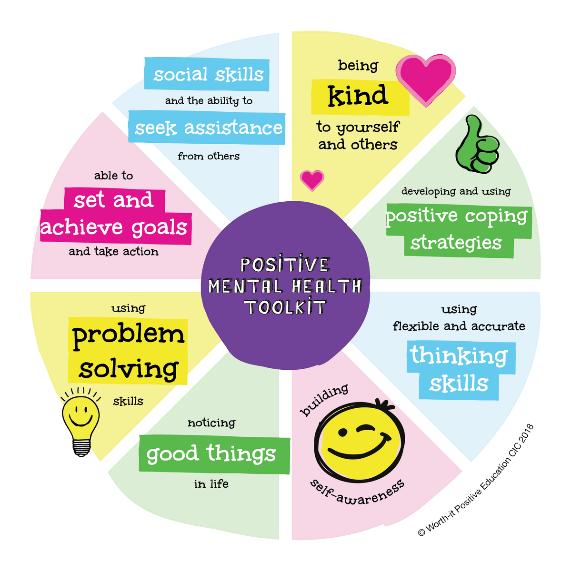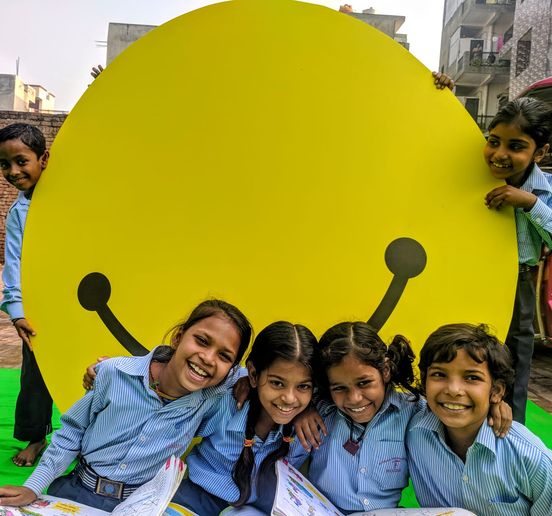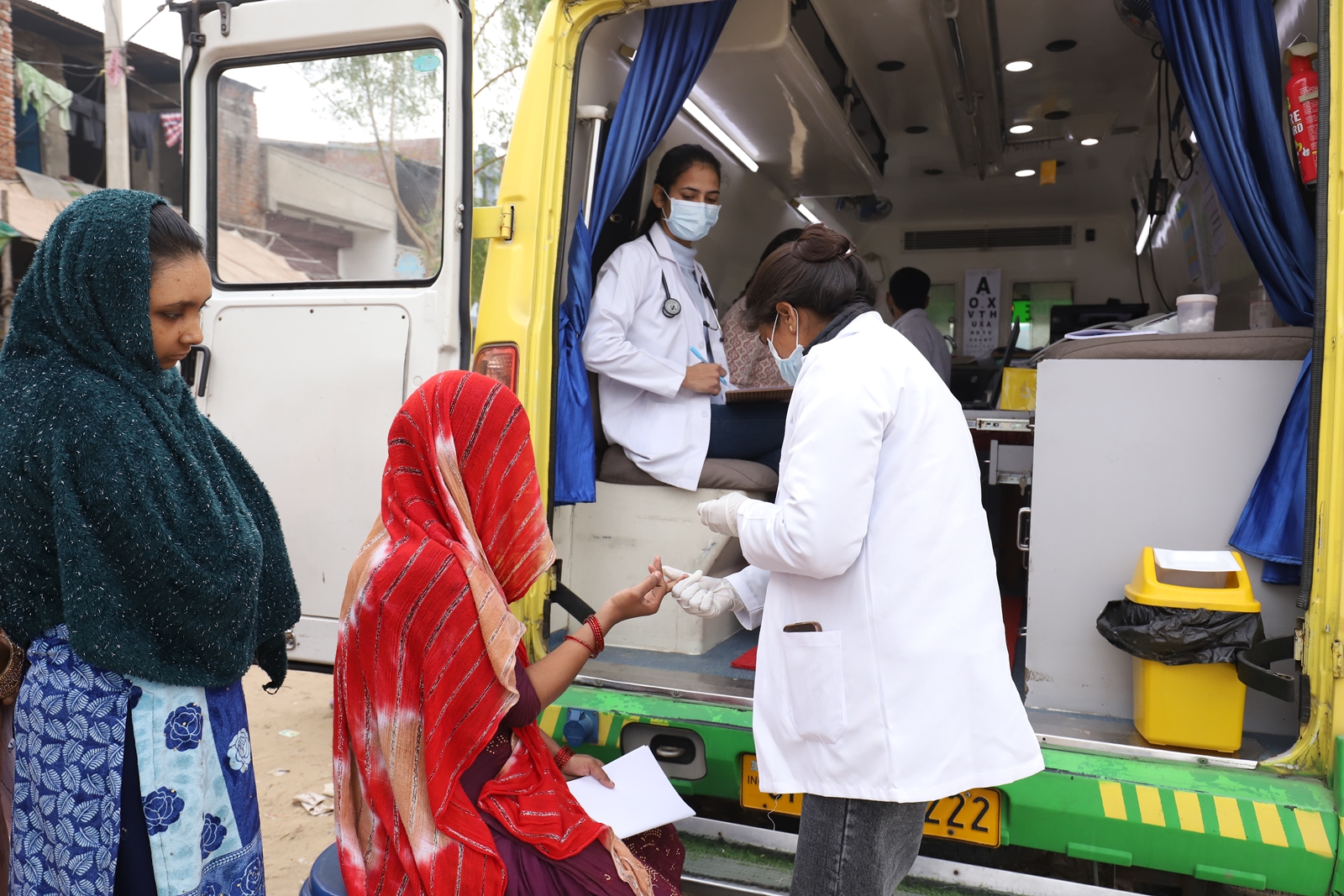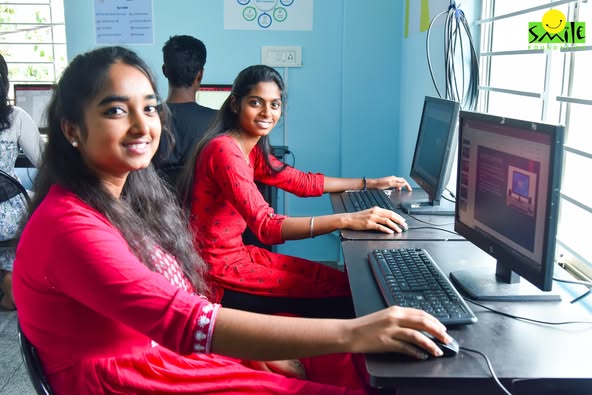While the world continues to face the repercussions of the global pandemic crisis, the people seem to be highly focused on the well-being of their physical health these days. All over social media, there are several videos being shared and live sessions being held for the people to continue to maintain their physical strength while staying at their homes. Several messages are constantly being shared over most of our WhatsApp family groups, almost daily providing us home remedies to keep up with our health. Meanwhile the people are immersed with the need to maintain the well-being of their physical health, they often tend to forget that it is not the only component of health. The other integral health component which is as affected in these corona times is our mental health.
According to the World Health Organization, “Mental health is a state of well-being in which an individual realizes his or her own abilities, can cope with the normal stresses of life, can work productively, and is able to make a contribution to his or her community. “Mental health is more than just the absence of mental disorders or disabilities.Without mental well being, there can be no true physical well-being. Social and financial circumstances, biological factors, and lifestyle choices can all shape a person’s mental health. Although mental health is a fundamental component of health, recognition of mental disorders and awareness about its importance is limited.An individual has a risk of developing a mental disorder regardless of age, income or social background, therefore it becomes now opportune to explore the paradigm of mental health awareness as a means of combating stigma, enhancing prevention, ensuring early recognition, and also stimulating simple and practical interventions within the community.Mental health has been a neglected concept for past many years, however with people still embracing the social distancing norms and settling in their homes for the lockdown, it is imperative that we acknowledge protecting it as a cause of concern.
In our country, discovering a mental disorder is often followed by hesitation and denial by self as well as by the society we are a part of. A report by the World Health Organization revealed that 7.5% of the Indian population suffers from some form of mental disorder. Mental illnesses constitute one-sixth of all health-related disorders and India accounted for nearly 15% of the global mental, neurological and substance abuse disorder burden. The lockdown has created unemployment and pay cuts for a large population which is one of the most common causes of depression among the working class and the ones hit by this turmoil the most is the underprivileged section. Social distancing has paved a way for changing daily routines and people feeling less connected to each other, leading to mood, eating and sleeping disorders. Mental health of an individual ultimately leads to physical disorders in human body. The basic causes like depression and insomnia which may seem insignificant at first, may lead to irrational and impulsive actions by the person, if neglected for long.

“Anything that’s human is mentionable, and anything that is mentionable can be more manageable. When we can talk about our feelings, they become less overwhelming, less upsetting, and less scary.” There was numerous ways of improving the well-being of your mental health like indulging in self-care or volunteering, but the most effective of all is to communicate, share and seek help. Smile Foundation’s “Baaton Baaton Mein Sehat” is a unique Tele Counselling initiative that has been conceptualized to address the arising mental well-being concerns post Covid-19 and provide appropriate guidance. Till date this program has already counselled over 40,000 people and aims to reach over 200,000 children and families across the country.









